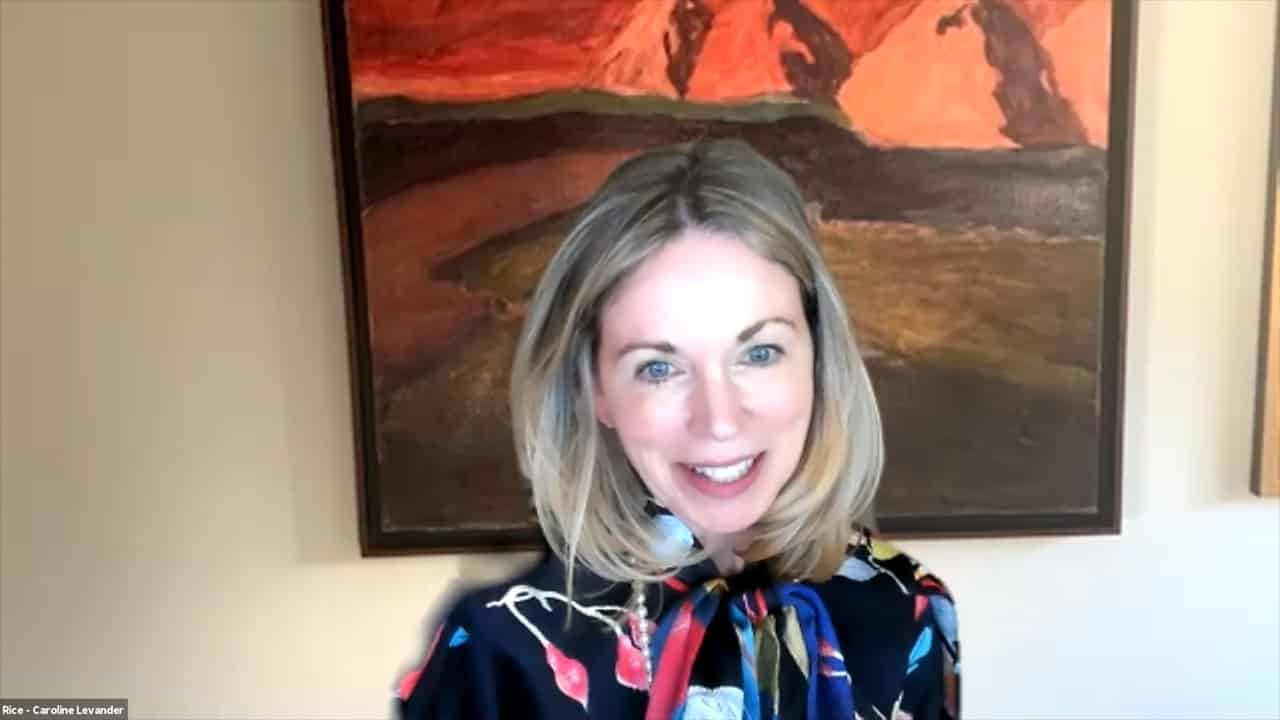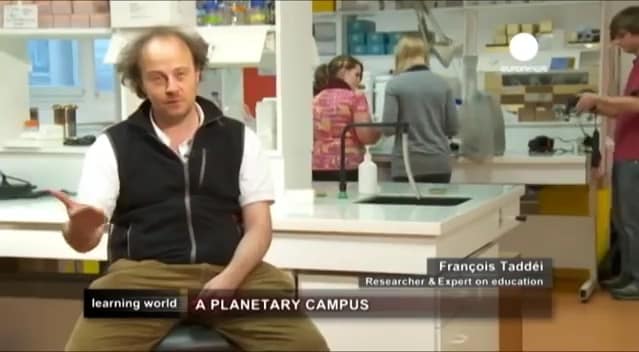Rice University is a comprehensive research university located on a 300-acre tree-lined campus in Houston, Texas. Rice produces the next generation of leaders and advances tomorrow’s thinking.
Boasting a 300-acre tree-lined campus in Houston, Rice University is ranked among the nation’s top 20 universities by U.S. News & World Report. Rice has a 6-to-1 undergraduate student-to-faculty ratio, and a residential college system, which supports students intellectually, emotionally and culturally through social events, intramural sports, student plays, lectures series, courses and student government. Developing close-knit, diverse college communities is a strong campus tradition, which is why Rice is highly ranked for best quality of life and best value among private universities.
Representatives on Board & Executive Committee
David Leebron is the seventh President of Rice University and Professor of Political Science. Prior to taking the helm at Rice, Leebron was Dean of Columbia Law School. A native of Philadelphia, he is a graduate of Harvard College and Harvard Law School, where he was elected president of the Harvard Law Review. After graduating, he served as a law clerk for Judge Shirley Hufstedler on the 9th Circuit Court of Appeals in Los Angeles. He began teaching at the UCLA School of Law in 1980 and at the NYU School of Law in 1983. In 1989, Leebron joined the faculty of Columbia Law School. Leebron also served as a visiting fellow at the Max Planck Institute for Comparative and International Private Law in Hamburg, Germany, and as the Jean Monnet Visiting Professor of Law at Bielefeld University. He has worked on international and constitutional law, on the World Trade Organization and on discrimination in international trade law.
Dr. Caroline Levander is the Vice President for Global and Digital Strategy at Rice University. In this capacity, she is responsible for expanding the university’s global impact through the development of new degrees, academic programs, partnerships, and research collaborations that increase the university’s global impact and innovate Rice’s educational enterprise with new technologies. Prior to this administrative appointment, she was Director of Rice’s Humanities Research Center (2005-2011) and Vice Provost and then Vice President for Strategic Initiatives (2011-17).
Levander joined the Rice faculty in 2001 and is Professor of English and Carlson Professor in the Humanities. She has authored many books and articles on American culture and teaches both undergraduate and graduate courses in the English department. Her writing has appeared in The New York Times, Slate, Inside Higher Ed, Business Insider, and Forbes, and she is currently writing a book entitled Undisciplined: Science and the Power of the Humanities in the 21st Century. Levander serves on the Board of Directors of the Fulbright Association and is the recipient of international awards and grants from the Rockefeller Foundation, Fulbright Foundation, Mellon Foundation, National Endowment for the Humanities, and National Humanities Center, among others. She holds a PhD and BA (with honors) in English from Rice University.
In her current administrative role she develops and oversees Rice’s expanding international strategy, program development, and the coordination of international activities across the university. Levander works closely with faculty to direct Rice’s growing strategy for international engagement and impact in Latin America, Europe, Asia-Pacific and Africa https://global.rice.edu/. The university’s global presence and international partnerships increasingly depend upon strategic use of digital education technologies, which also fall under Levander’s leadership. Levander develops all of the university’s online offerings and has built the university’s in-house provider for digital content and innovation, Rice Online Learning, which supports new degrees and the transformation of all face-to-face courses to online and hybrid modalities. Her office builds and maintains external digital education partnerships and other university collaborations, such as OpenStax.








